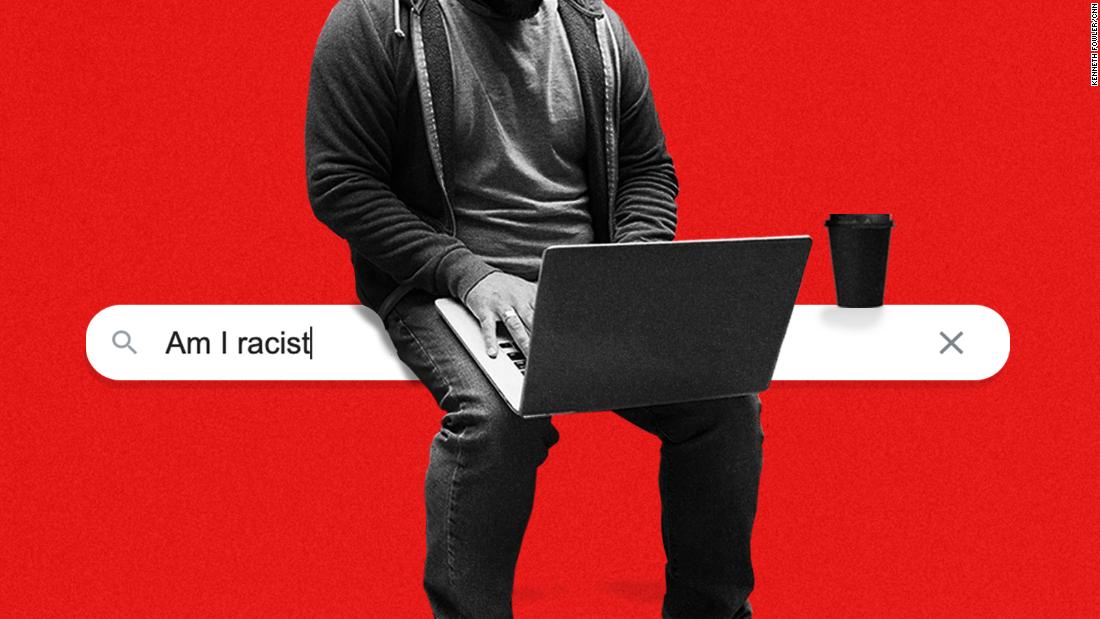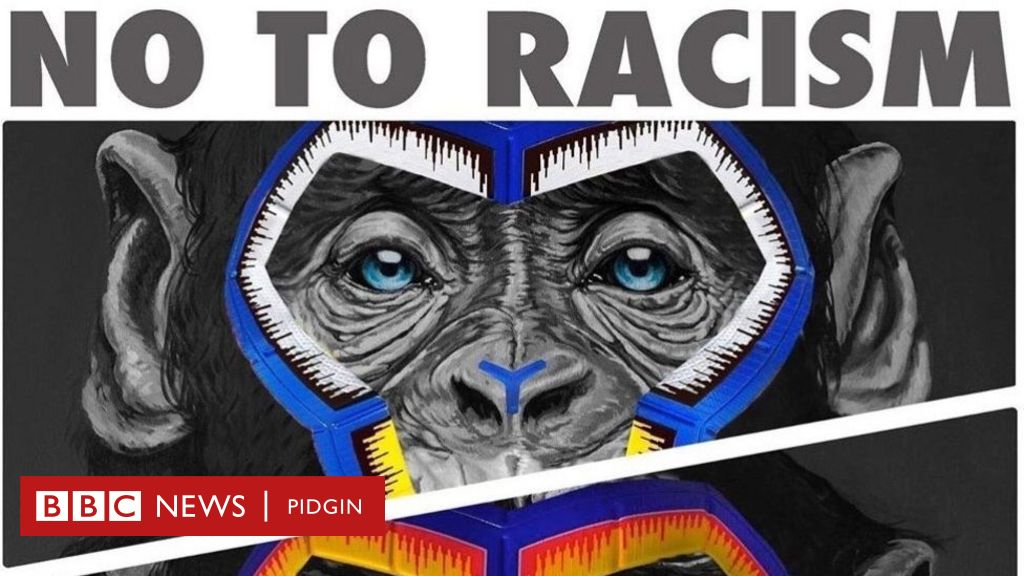In today's world, humor plays a significant role in shaping cultural narratives and societal norms. Funny racist jokes, while controversial, often spark discussions about race, ethnicity, and the boundaries of comedy. Understanding the context behind these jokes can help us navigate the delicate balance between laughter and sensitivity.
Humor is a powerful tool that can bring people together or, conversely, create divisions. When it comes to funny racist jokes, the line between offensive and thought-provoking is often blurred. This article aims to explore the nuances of this topic while providing insights into why such jokes exist and how they impact society.
By examining the cultural, historical, and psychological aspects of funny racist jokes, we can better understand their role in modern society. This article will delve into the importance of cultural sensitivity, the potential harm caused by such jokes, and how they can be used constructively to promote dialogue and understanding.
Read also:Unlocking The Wonders Of Lotus Root A Nutritional Powerhouse For Your Health
Understanding the Context of Funny Racist Jokes
Racist jokes have been a part of humor for centuries, often reflecting the prejudices and stereotypes of their time. To understand why people find funny racist jokes amusing, it's essential to examine the historical and cultural contexts in which they arise.
Throughout history, humor has been used as a means of reinforcing societal hierarchies and stereotypes. In many cases, funny racist jokes perpetuate harmful biases and contribute to discrimination. However, they can also serve as a mirror reflecting the absurdities of racism, prompting individuals to question their beliefs and assumptions.
Why Do People Laugh at Funny Racist Jokes?
- People may laugh at funny racist jokes because they find them relatable or representative of shared experiences.
- Humor can serve as a coping mechanism for addressing uncomfortable truths about race and ethnicity.
- Some individuals may laugh out of ignorance or a lack of understanding about the implications of such jokes.
Psychological Aspects of Humor and Racism
Psychologists have long studied the relationship between humor and prejudice, revealing fascinating insights into why people find funny racist jokes amusing. Humor can serve as a social bonding tool, but it can also reinforce negative stereotypes and attitudes.
Research shows that individuals with higher levels of prejudice are more likely to find funny racist jokes amusing. Conversely, those with lower levels of prejudice may find such jokes offensive or inappropriate. Understanding these psychological factors can help us navigate the complexities of humor and racism.
The Impact of Funny Racist Jokes on Society
Funny racist jokes can have both positive and negative impacts on society, depending on how they are used and perceived. While some argue that such jokes promote dialogue and understanding, others believe they perpetuate harmful stereotypes and contribute to discrimination.
Positive Effects of Funny Racist Jokes
- They can challenge societal norms and encourage critical thinking about race and ethnicity.
- Humor can serve as a tool for addressing uncomfortable truths and fostering empathy.
- When used constructively, funny racist jokes can promote cross-cultural understanding and dialogue.
Negative Effects of Funny Racist Jokes
- They can reinforce negative stereotypes and contribute to discrimination.
- Funny racist jokes may alienate individuals and create divisions within communities.
- Such jokes can perpetuate systemic racism by normalizing harmful biases and attitudes.
Cultural Sensitivity in Humor
Cultural sensitivity is crucial when it comes to humor, especially in a globalized world where people from diverse backgrounds interact daily. Understanding the cultural implications of funny racist jokes can help us navigate the complexities of cross-cultural communication.
Read also:Exploring The World Of Librivox A Gateway To Free Audiobooks
Humor that respects cultural differences and promotes empathy can foster greater understanding and cooperation among individuals from diverse backgrounds. On the other hand, humor that disregards cultural sensitivities can create divisions and perpetuate harmful stereotypes.
Historical Examples of Funny Racist Jokes
Throughout history, funny racist jokes have taken many forms, reflecting the prejudices and stereotypes of their time. Examining these examples can provide valuable insights into the evolution of humor and its impact on society.
For instance, minstrel shows in the 19th century featured caricatures of African Americans, perpetuating harmful stereotypes and contributing to systemic racism. Similarly, jokes about Native Americans during the colonial era reinforced negative attitudes toward indigenous peoples.
Modern Examples of Funny Racist Jokes
- Comedians like Dave Chappelle and Chris Rock have used funny racist jokes to challenge societal norms and promote dialogue about race and ethnicity.
- Internet memes and viral jokes often perpetuate stereotypes while claiming to be "just jokes," blurring the line between humor and harm.
- Some television shows and movies have been criticized for relying on funny racist jokes to generate laughs, raising questions about the ethics of such humor.
The Role of Media in Shaping Perceptions of Funny Racist Jokes
Media plays a significant role in shaping public perceptions of funny racist jokes, influencing how they are created, consumed, and interpreted. From television shows to social media platforms, the media landscape is filled with examples of humor that toe the line between offensive and thought-provoking.
While some media outlets promote responsible humor that challenges societal norms, others may perpetuate harmful stereotypes through their use of funny racist jokes. Understanding the role of media in shaping perceptions of humor can help us make more informed decisions about the content we consume and create.
How to Use Funny Racist Jokes Constructively
Using funny racist jokes constructively requires a delicate balance between humor and sensitivity. By approaching such jokes with empathy and a willingness to learn, we can foster greater understanding and cooperation among individuals from diverse backgrounds.
Comedians and content creators can use funny racist jokes to challenge societal norms, promote dialogue, and encourage critical thinking about race and ethnicity. However, it's essential to consider the context and potential impact of such jokes, ensuring they don't perpetuate harmful stereotypes or contribute to discrimination.
Tips for Creating Responsible Humor
- Be mindful of the cultural implications of your jokes and strive to promote empathy and understanding.
- Use humor to challenge societal norms and encourage critical thinking about race and ethnicity.
- Consider the context and potential impact of your jokes, ensuring they don't perpetuate harmful stereotypes or contribute to discrimination.
Conclusion: Navigating the Complexities of Funny Racist Jokes
Funny racist jokes are a complex and often controversial topic, reflecting the nuances of humor, sensitivity, and cultural awareness in modern society. By examining the historical, psychological, and cultural aspects of such jokes, we can better understand their role in shaping societal norms and promoting dialogue.
In conclusion, it's essential to approach funny racist jokes with empathy, critical thinking, and a willingness to learn from others. By fostering greater cultural sensitivity and promoting responsible humor, we can create a more inclusive and understanding society.
Take action by sharing your thoughts and experiences in the comments section below. Engage with others who are passionate about this topic, and explore additional resources to deepen your understanding of humor, race, and cultural awareness.
Table of Contents
- Understanding the Context of Funny Racist Jokes
- Psychological Aspects of Humor and Racism
- The Impact of Funny Racist Jokes on Society
- Cultural Sensitivity in Humor
- Historical Examples of Funny Racist Jokes
- The Role of Media in Shaping Perceptions of Funny Racist Jokes
- How to Use Funny Racist Jokes Constructively
- Tips for Creating Responsible Humor
- Modern Examples of Funny Racist Jokes
- Conclusion: Navigating the Complexities of Funny Racist Jokes


